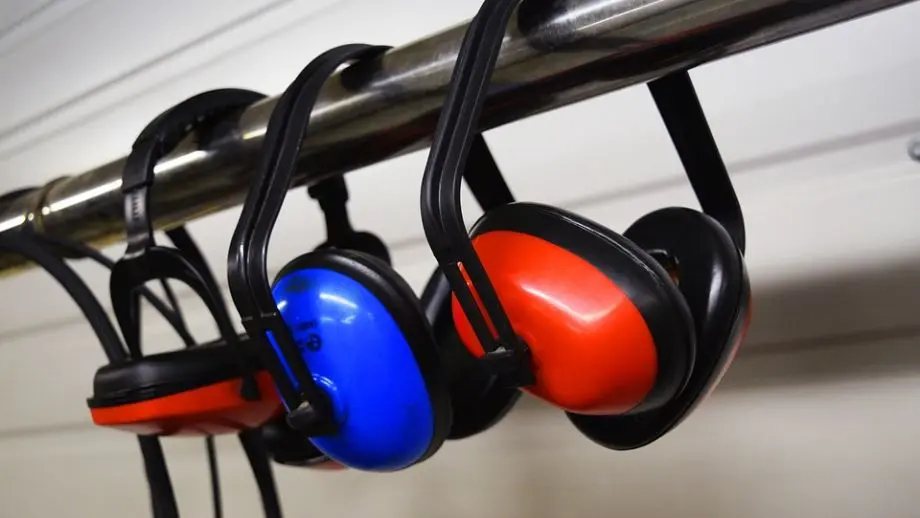Noise Protection – Why is it important?
31 January 2018

When is noise protection necessary?
Under the Control of Noise at Work Regulations 2005 companies have a duty to protect their workforce, and any visitors to the site, from exposure to high noise levels. The Regulations state two action levels:
- At 80 dB(A) all those who are exposed at or above this level for over an eight-hour period must be advised of the noise levels and of the potential harm it could cause. Hearing protection must also be provided if it is asked for.
- At 85 dB(A) hearing protection zones must be demarked, hearing protection must be provided and worn, and the company must take measures to try and reduce noise levels at the source where reasonably practicable.
Why is noise protection important?
Most workplaces expose us to noise, the louder this noise, the more damage it can cause. Damage to structures within the cochlea (inner ear) can result in loss of both frequency sensitivity and increase in hearing threshold (deafness). Age and fitness are no protection from hearing loss, since young people’s hearing can be damaged as much and once ears have been damaged by noise, there is no cure. It is therefore important to have and provide a level of noise protection when it is necessary.
After being subjected to loud noises, people may experience a deafness that can go away after a while. However, after more sudden, loud and explosive noises or after prolonged lower level exposure to noise over a number of years , permanent hearing loss can occur.
Hearing protection helps to reduce noise exposure level and the risk of hearing loss.
How can you keep your employees safe?
The law requires employers to provide employees with hearing protection if they ask for it, and if noise exposure falls within the action values. Employers must also identify hearing protection zones and ensure the hearing protection is properly used and maintained, ensuring that (HSE.gov):
- Protection remains in good, working condition;
- Earmuff seals are undamaged;
- Tension of the headband is not reduced;
- There are no unofficial modifications;
- Compressible ear plugs are soft, pliable and clean.
A noise survey will identify the areas where the second action level is exceeded and hearing protection zones are required, and also where the first action level is exceeded and the wearing of hearing protection is advisable. In these areas, hearing protection should only be worn when the processes are running that cause the noise levels, and employees should be instructed to know when the wearing of hearing protection is necessary.
Noise survey reports should include advice on providing the correct level of hearing protection for the different areas/operations around the company. The level of protection needed can also be roughly determined by using the SNR figure quoted on the packaging of the protection, or from catalogues. Subtracting the SNR figure from the noise level gives a reasonable estimate of the likely protected level, although the calculations using octave band analysis in noise reports will be more accurate.
Are your employees sufficiently protected from noise?









